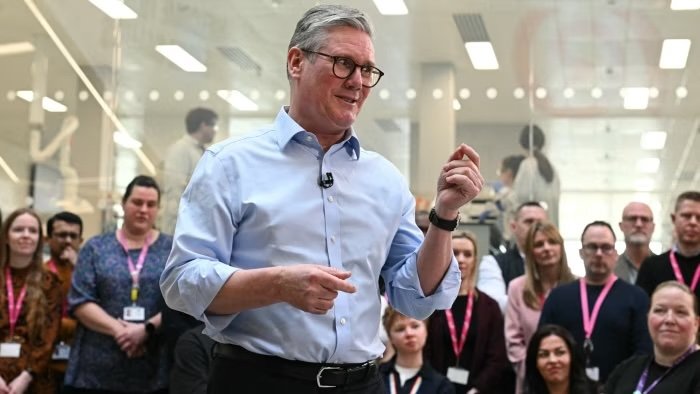NHS England is no-more. Now what?
The NHS will become more responsive to Ministers, which is better for democracy and medtech innovators, argues Thomas Averre, Managing Director at Tarleton.
The disconnect between public expectation and NHS delivery has been growing for some time.
In Whitehall, the political frustration has been mounting as the levers of government power seem not to be connected to anything. This is because unfortunately, the Lansley reforms severed some of the cables in an attempt to remove the NHS as a political football and put it in the hands of technocratic experts, who would make decisions in the interest of patients and the service as a whole.
Whether the initial reforms were a good idea or not is moot at this point. From conversations I’ve had with insiders, there is shared frustration across parties that decisions or directives are watered down as they flow, through a windy clogged river, from the desk of Ministers to the frontline. As an ‘arms-length’ body, NHS England is independent of government. This obviously provides some advantages but in recent times the divorce from democratic accountability has become too great to bear.
The Prime Minister referenced the Darzi Report’s findings, which talked of the growing numbers of organisations influencing NHS providers and the significant regulatory burden being placed on NHS organisations. The duplication between DHSC and NHSE has caused confusion, bureaucratic paralysis and a growing gap between political expectations and delivery. Ping-pong happens between the Commons and Lords, but Ministers were then leaving Parliament to find ping-pong taking place within their departments too.
The public hold politicians accountable, and so while decisions and trade offs still need to be made, it is right that politicians are the ones making those decisions. This view was shared by the Prime Minister as he outlined why politicians need to trust themselves to make decisions again. This will close the democratic deficit and give Ministerial decisions greater effect, more quickly. This is good for democracy as those we hold accountable at elections are able to make the decisions we hold them accountable for, but it is also good for those involved in medical technology innovation, who will be able to make more relevant arguments to policy makers.
The Secretary of State, Wes Streeting, made a statement to the House of Commons following the Prime Minister’s speech. In this statement, he set out in more detail why this decision has been taken and what it will mean. I thought it was interesting that he explicitly called out the need to ‘become a better customer to medical technology innovators’ and to be a ‘better partner to life science sector to develop the medicines of the future’. It is clear that government recognises the potential the UK has - British companies are producing some of the most innovative products and technologies that can save the taxpayer money and improve outcomes - and wants to do something about it.
When companies meet Ministers for the first time, they are often star-eyed and hopeful. They are in the room with the person who makes the decisions on behalf of the government. Business leaders explain how their new technology works, how it could save the NHS money, and how patients would benefit from the innovation. Nods all around. They assume, incorrectly, that Ministers have the power to direct the NHS to adopt product X and roll it out nationally. This isn’t how it works.
Under the outgoing structure, one of the most favourable outcomes would be a series of conversations taking place within the department about innovation in a particular therapy area, and a specific strategy or scheme being set up to broadly encourage innovation in a particular area. This would flow to NHS England, who would then tweak and adapt it before deciding how to put it into practice in a way that may differ from the way DHSC envisaged.
Let me be clear - we’re not moving to a North Korean system of Ministers picking favourites and directing their adoption. That wouldn’t be good for anyone. But the changes outlined this week will make Minister’s more powerful, impactful and accountable. Ironically, making them more closely resemble what everyone currently thinks they’re like. The government has said the move will give it more ‘control and accountability’ over the delivery of its pledges; a signal if there ever was one at the frustration of the system not delivering political priorities quickly enough.
So what is the opportunity for medical technology innovators?
What is certain is that engagement with government will yield greater results under these changes than previously. The opportunities will lie in coming together with other innovators, NHS partners, patients and others to make a compelling case. Removing a middle-man organisation will make technology adoption faster and reduce the chance of miscommunication or misunderstanding.
The ‘benefits’ of this decision have focused on cutting bureaucracy and freeing up c.£500m for the frontline in additional funding, because these are politically attractive messages. But Ministers know the real benefit of this move is making the government machine more responsive and effective. This is hard to communicate in a compelling way to the public, but medical technology and life science companies should hear it clearly. The government want to change things, and seem to be serious about doing it.


